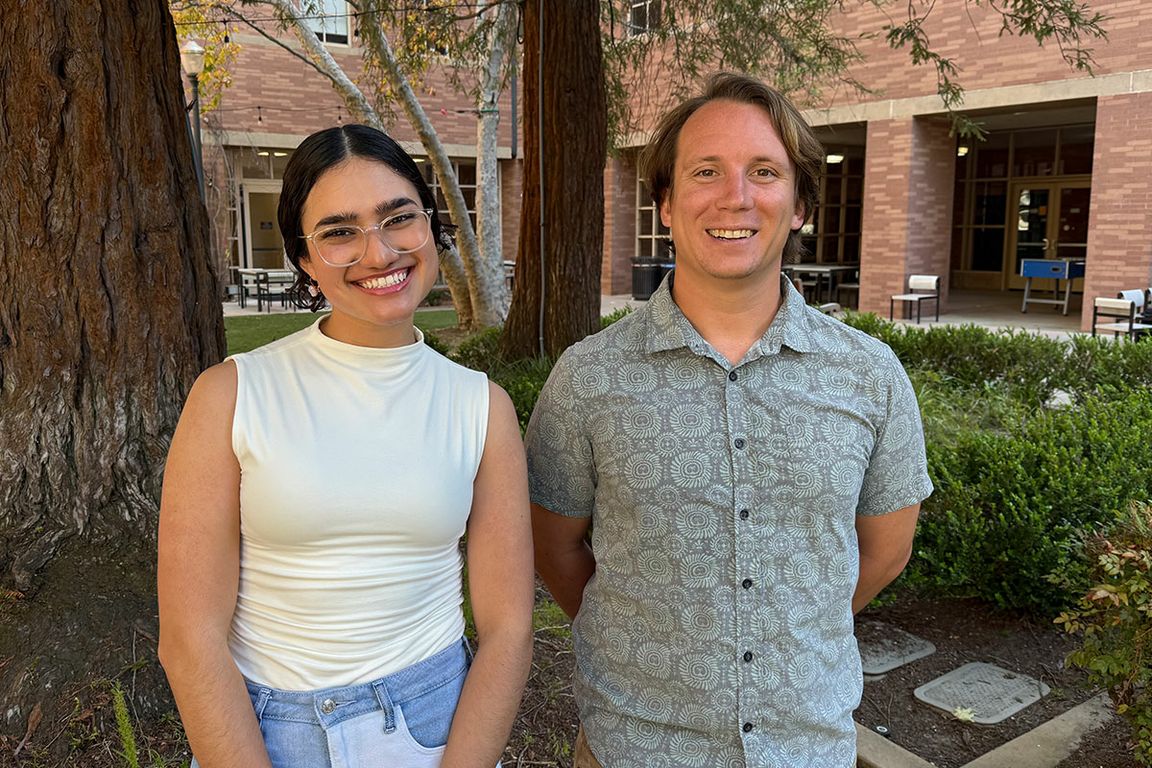Legislative Action against Air Quality Issues in San Fernando Valley
As you drive north on I-5 through Sun Valley, Los Angeles, large mounds of crushed concrete emerge from various aggregate recycling facilities, highlighting a significant environmental concern. These facilities, essential for recycling demolition debris into reusable construction materials, are increasingly becoming sources of air pollution.
The Pollution Problem
Despite their role in waste reduction, aggregate recycling facilities contribute to local air quality challenges by releasing particulate matter that affects nearby residential areas. Local residents and officials have reported chalky residue accumulating on vehicles and homes, exacerbated by the recent influx of debris from the Palisades fires.
Student-Initiated Research Leading to Legislative Change
UCLA law student Maya Hernandez initially overlooked these environmental hazards until she participated in the California Environmental Legislation and Policy Clinic. This innovative program encourages students to collaborate with state legislators to address complex environmental issues. Hernandez noted, “Through research and stakeholder meetings, our UCLA Law team helped determine that a significant regulatory gap has enabled facilities to suffocate surrounding neighborhoods with particulate matter pollution for years with little to no oversight.”
Introducing SB 526: A Legislative Response
In response to these environmental concerns, California State Senator Caroline Menjivar has proposed Senate Bill 526 aimed at tackling aggregate pollution in the San Fernando Valley. “We want to make sure we have good neighbors and that we don’t have high-rise stockpiles,” Menjivar stated in a recent social media video.
This proposed legislation would authorize the South Coast Air Quality Management District to enhance regulations governing aggregate and related facilities. Key provisions of SB 526 include:
- Mandatory monitoring of dust pollution by aggregate facilities.
- Implementation of specific design elements to mitigate pollution.
Impact of UCLA’s Legislative Clinic
Though it may seem surprising that student-led research could influence real-world policy, the California Environmental Legislation and Policy Clinic has a proven track record. Over its six-year history, the clinic has assisted in passing substantial legislation, addressing topics ranging from single-use plastic reduction to equitable groundwater management.
While researching the health implications of concrete grinding operations and the regulatory landscape, Hernandez and her classmate Ian Bertrando compiled a list of over 300 aggregate recycling facilities across Southern California, including several in the San Fernando Valley. Their findings shed light on the health risks posed to communities in close proximity to these operations, leading to the formation of SB 526, which is scheduled for its inaugural hearing on April 23 in the Senate Environmental Quality Committee.
Active Participation in the Legislative Process
The students’ involvement does not conclude with the introduction of the bill. Both Hernandez and Bertrando are expected to provide testimony as expert witnesses during the Senate hearing. “With L.A.’s long history of air quality challenges, Angelenos can be proud of the progress in cleaning up our air while also acknowledging that this progress hasn’t been equitably distributed,” Bertrando remarked, emphasizing the importance of protecting vulnerable communities near industrial zones.
Conclusion and Future Prospects
Professor Julia Stein, who oversees the environmental clinic at UCLA, expressed her enthusiasm for guiding students through the legislative process. “It’s incredibly rewarding to watch the students — who have become true experts after months of research — educate legislators about critical environmental issues,” Stein said. As SB 526 moves forward, it represents a significant step towards addressing air quality issues in the San Fernando Valley and ensuring a healthier environment for affected communities.
For students and environmental advocates alike, this initiative highlights the impactful intersection of academic research and legislative action in fostering sustainable policies.

